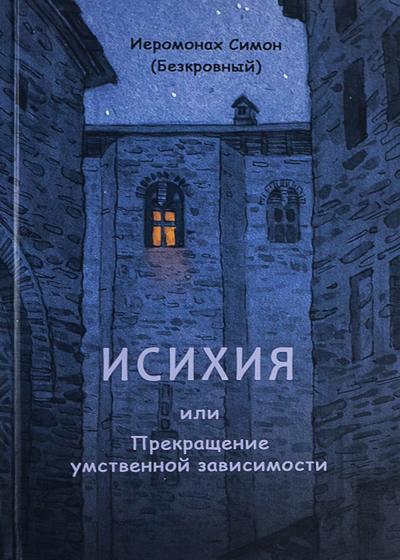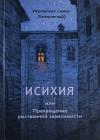Hesychia, or the End of Mental Dependence
14.99 €
Out of stock
The word "Hesychasm" comes from the Greek word "Hesychia", which means silence, rest. Hesychasm is also called sacred silence. Practically, Hesychasm consists in mental work, in Russian it is more accurate to call it spiritual work. Thus, Hesychasm is a spiritual work, the core of which is unceasing prayer. The Cathedral mind of the Church has chosen the most convenient, brief, deep and precise Jesus Prayer for the practice of unceasing prayer.
This practice is mentioned in the work "The Ladder" (6th century) by the Monk John the Ladder-bearer. He spoke about the sacred silence to which a person gives both soul and body. St. John considered hysychia to be a personal ideal. At the same time, he advised caution and humility to those who seek to engage in Hesychasm. The Venerable Isaac the Syrian regarded hysychia as the crown of the perfect life, the mother of repentance and the beginning of self-purification. He believed that the word is an organ of this world. Silence helps to renounce the world with its sinful desires: the lust of the eyes, the lust of the flesh and the pride of worldly life. One of the most ardent supporters of prayerful silence was St. Gregory Palamas (1296-1359). Through the efforts of the saint and his disciples, the practice of Hesychasm was revitalized, became better understood, and was theorized as a real experience of Church life.
This practice is mentioned in the work "The Ladder" (6th century) by the Monk John the Ladder-bearer. He spoke about the sacred silence to which a person gives both soul and body. St. John considered hysychia to be a personal ideal. At the same time, he advised caution and humility to those who seek to engage in Hesychasm. The Venerable Isaac the Syrian regarded hysychia as the crown of the perfect life, the mother of repentance and the beginning of self-purification. He believed that the word is an organ of this world. Silence helps to renounce the world with its sinful desires: the lust of the eyes, the lust of the flesh and the pride of worldly life. One of the most ardent supporters of prayerful silence was St. Gregory Palamas (1296-1359). Through the efforts of the saint and his disciples, the practice of Hesychasm was revitalized, became better understood, and was theorized as a real experience of Church life.
See also:
- All books by the publisher
- All books by the author








